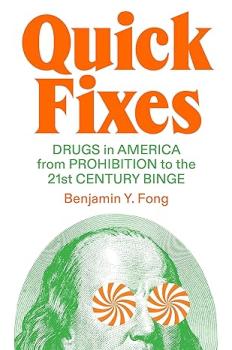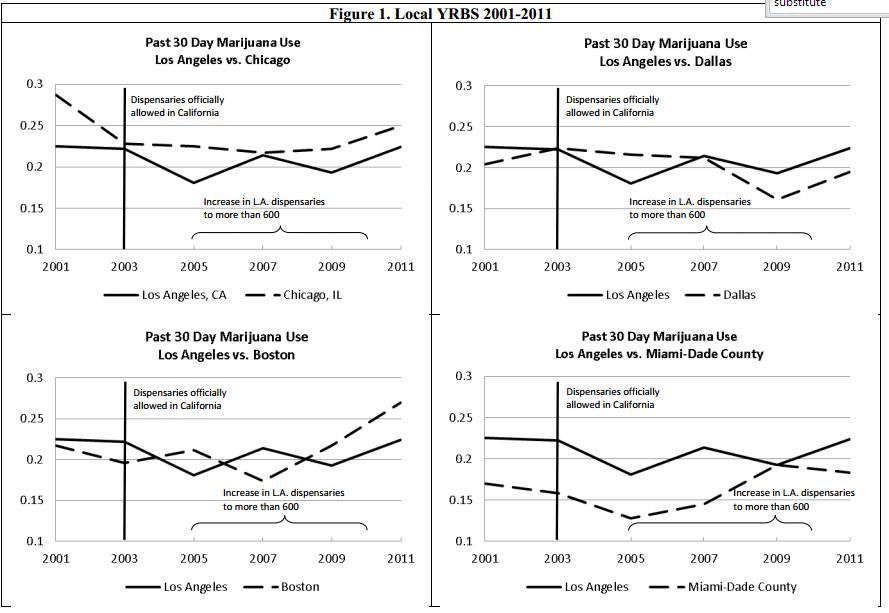
The Intuit Dome Arena under construction last year. A California bill would let its billionaire owner sell booze later than anyone else in the state. (Creative Commons)
CA Bill Would Allow Arena VIP Lounge to Sell Booze Until 4:00am, More... (8/26/24)
A California appeals court has ruled that marijuana crumbs on the floorboard of a car can be probable cause for a vehicle search, Maine moves forward on clearing the criminal records of marijuana offenders, and more.







